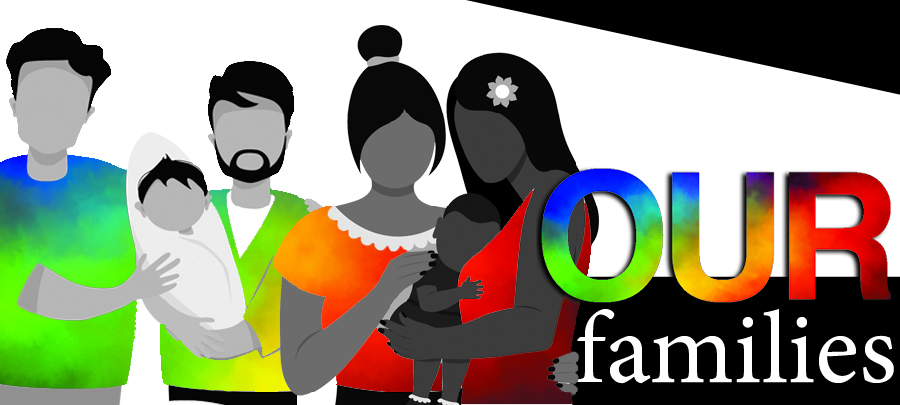Foundation 45 counselor Joseph Massey gives insight to common family issues when children come out
RICH LOPEZ | Staff writer
rich@dallasvoice.com
 Joseph Massey, counselor and therapist at Foundation 45, leader of the foundation’s LGBTQIA+ Support Group, said this week he has observed a significant portion of younger adults grappling with issues of their identities and family relationships, with discussions often revolving around establishing boundaries and navigating familial challenges.
Joseph Massey, counselor and therapist at Foundation 45, leader of the foundation’s LGBTQIA+ Support Group, said this week he has observed a significant portion of younger adults grappling with issues of their identities and family relationships, with discussions often revolving around establishing boundaries and navigating familial challenges.
While the support group is open to everyone identifying as LGBTQ, the almost two-year old group has found an audience with younger adults.
“Half of our members are newly coming out, and we touch on many of those issues along with setting boundaries and navigating these issues,” Massey said when he first spoke with Dallas Voice in 2023. Massey recently spoke with Dallas Voice again, shedding some light on some of the most pressing issues facing LGBTQ youth and their families today.
Massey points out that a common thread among queer youth is the pivotal step of coming out and then the subsequent acceptance or rejection by their families. Post-coming out, he notes recurring themes these young people face, such as mental health struggles, lack of support and physical safety concerns.
“Acceptance or rejection are probably the most common issues,” he said.
Based in Deep Ellum, Foundation 45 provides mental health services and educational resources aimed at combating depression, suicide and addiction across all communities. Massey also practices independently, with a focus addressing LGBTQ issues.
Regarding families with LGBTQ youth, Massey identifies typical challenges.
“Families usually are either understanding and supportive or the opposite,” he said. “The understanding supportive ones typically want to understand how they can show support to their queer youth.”
Unsupportive families, on the other hand, often face barriers in understanding and accepting their child’s identity. “The unsupportive [families or parents] typically lean toward how to change their queer youth,” Massey said said. “A lot of time is spent educating the families and facilitating healthy communications between everyone.”
He invests his efforts in educating families and fostering healthy communication among all parties involved.
When guiding parents through the process of acknowledging their child’s queer identity, Massey advocates for compassion and emphasizes the importance of not making the situation about themselves. He acknowledges the grief process that parents may experience as they reconcile their expectations with reality.
“I do walk them through the grief process that happens when you find out your child is queer and mourn the life you thought they would have. A lot of parents struggle with not wanting their children to suffer or be bullied, so they come from a good place but end up triggering shame and guilt,” he said.
“I really try to encourage them to do the work to process their own feelings while allowing the youth to process as well and to work towards open and honest communication no matter how uncomfortable it is,” Massey added.
Same-sex parents do have a leg up on the situation should their children find themselves coming out of the closet. “The few I have worked with over the years have been very understanding and mainly just wanted to understand how they could best support their youth,” Massey said.
The most common question Massey is asked is how to get their child into some kind of treatment or get them help. He mentioned that families often feel a sense of responsibility for “that” behavior and wonder “Where did I go wrong?”
Massey then works to shift their focus and thinking by educating them.
“It is a lot of that and providing resources. Setting firm boundaries with loved ones is difficult. It’s important to help them understand that it’s not about them, but about helping their loved ones find a path of support that works best,” he said.
Learn more about Massey’s group at Foundation45.org.

